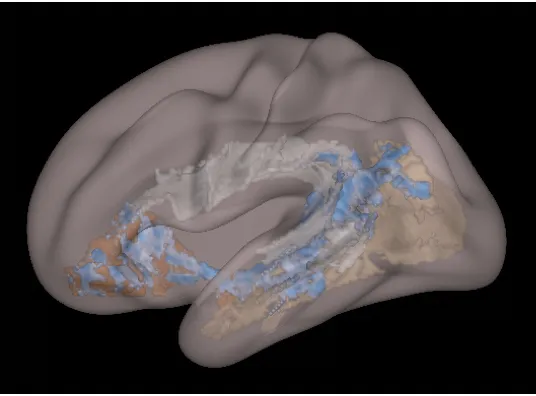Children who spend more time in front of screens appear to have structural differences in their brains and scored lower on tests than those with a stricter media relationship, researchers at the Cincinnati Children’s Hospital Medical Centre have found.
The team looked at the brains of 47 healthy children aged 3 to 5 to find out if the use of screens, such as TVs and smartphones, had visible effects on the brain.
Read more about children and screen time:
- Screen time can delay development in children
- Smartphones won’t make your kids dumb. We think.
- GCSE results suffer as screen time rises
Children who used screens for long periods on a daily basis were found to have lower structural integrity between the connections found in white matter - the parts of the brain that support language and literacy skills. They also scored lower in vocabulary and literacy tests.
To assess the children’s screen time, the researchers gave their parents a screening tool, ScreenQ, which was based on the American Academy of Pediatrics (AAP) recommendations for children’s media use to create a 15-item questionnaire. Questions were designed to establish the type of content viewed by children, their access to screens and how often they consumed screen-based media.

However, the test has been deemed to potentially lack objectivity by some experts.
"Screen-based media use is prevalent and increasing in home, childcare and school settings at ever younger ages," said Dr John Hutton, lead author of the recent study. "These findings highlight the need to understand effects of screen time on the brain, particularly during stages of dynamic brain development in early childhood, so that providers, policymakers and parents can set healthy limits."
The AAP recommends limiting screen use to one hour per day and setting ‘media-free’ times, such as during meals, and in certain locations like bedrooms.
Digital vs analogue|How tech has transformed the creative process
